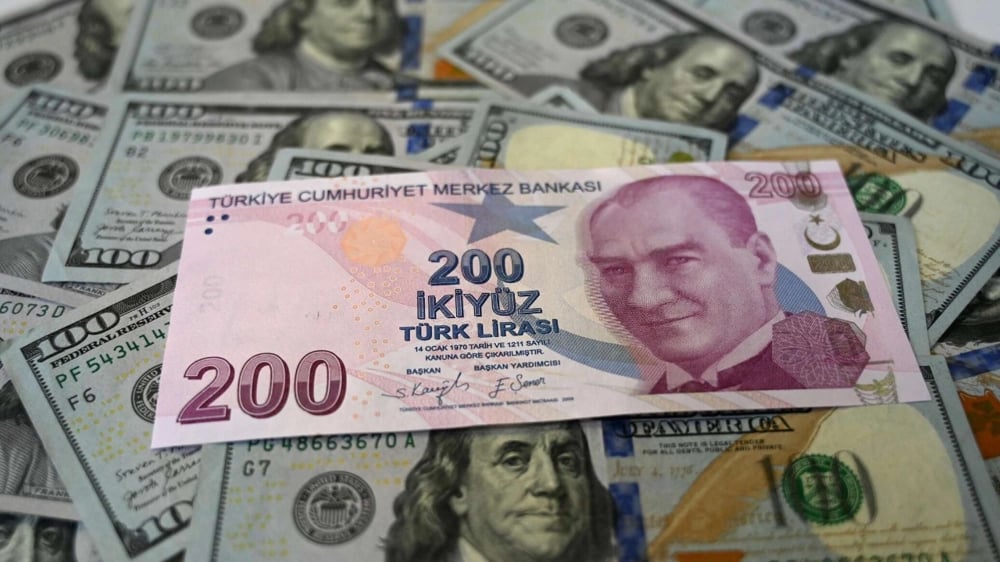Recently, Turkey's currency market has experienced significant turbulence, primarily driven by changes in U.S. tariff policies, particularly those stemming from actions taken by former President Donald Trump. These developments have led to substantial losses in the country's foreign exchange reserves, raising concerns among economists and business leaders alike.
Loss of Foreign Exchange Reserves
According to banking sources that oversee foreign exchange trading, state-owned banks have spent between $10 billion and $11 billion selling dollars in an effort to stabilize the Turkish lira. These measures were intended to prevent further depreciation of the currency, which is already suffering from negative factors, including a domestic political crisis.
Reasons for the Decline in Reserves
Several key aspects contribute to the losses in foreign exchange reserves:
Trump's Tariff Plans. Recent decisions by the former U.S. president regarding tariff suspensions have already caused considerable market fluctuations prior to this announcement.
Internal Political Factors. Political instability within Turkey significantly contributes to uncertainty in financial markets.
Pressure on the Lira. Deteriorating currency policies have exacerbated the situation, prompting monetary authorities to tighten control over exchange rates.
State Bank Support for the Lira
State-owned banks' interventions in the market highlight their commitment to supporting the lira's value. Such actions demonstrate an intention to maintain stability and prevent a financial crisis, yet the volatility remains evident.
Responses and Their Implications
The measures taken to support the lira have notable consequences:
Temporary Volatility Reduction. Despite fluctuations, the lira's exchange rate has remained relatively stable at around 38 lira per dollar, which may be viewed as a positive sign by economists.
Exchange Rate Control. The tightening of control by monetary authorities indicates the likelihood of further adjustments in currency policy.
Emerging Market Currency Trends. In the context of significant volatility experienced by other emerging market currencies, Turkey's actions appear as reactive strategic steps.
Perspectives on Currency Policy
The situation in Turkey's currency market remains uncertain. New developments in international politics could trigger additional changes that may yield both positive and negative outcomes for the domestic economy.
Future Measures to Consider
Market Adaptation. Both the currency market and state institutions must respond decisively to new policies.
Diversification of Reserves. This could enhance resilience against external shocks.
Strengthening International Cooperation. Focusing efforts on building relationships with other countries may improve the economic situation.
The turbulence in Turkey's currency market, driven by Trump's tariff plans and domestic political issues, demands careful analysis and a strategic action plan. The mentioned measures to support the lira reflect the authorities' desire for stability, but deeper reforms and adaptations to the evolving economic environment will be necessary for long-term sustainability.








This situation highlights how international politics can ripple through local economies.
The impact of U.S. tariffs on Turkey's economy is a stark reminder of how interconnected our global markets really are.